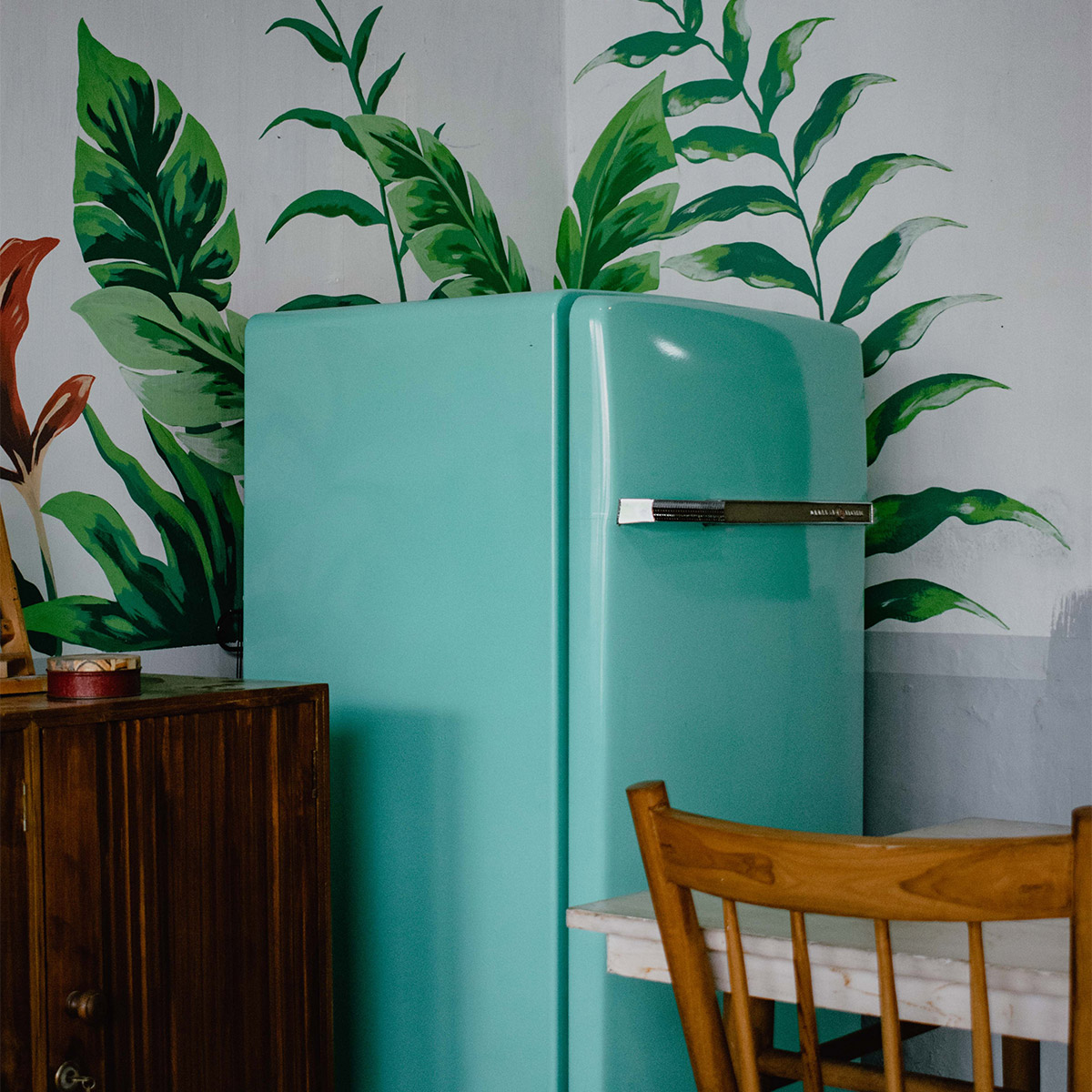
How are your teams feeling about returning to the face-to-face universe? Some may have a spring in their step. But, on the other hand, some may be dragging their heels or worry about finding their work shoes and are considering arriving in their trusty slippers. (Warning – inappropriate footwear for the outer world).
It is finally happening, that normality that we were craving 18 months ago. Grabbing the coffee on the way to the office, the water cooler moments, being able to pop over to your colleague and chat something through. And yet…working from home is alright, your staff have adjusted beautifully, have their little customs and like the home/work balance they have created. If furloughed, they might have been anxious about the future or have enjoyed the freedom and loved taunting the people they live with who are stuck in numerous Team’s meetings.
We know the world has changed in many ways, but what about your workplace? Suffolk Mind has been researching the population throughout the pandemic. As a result, they know which emotional needs have been challenged over the last 12 months and have many ideas about what managers can do to enable their staff to feel better about coming back.
The interesting thing about their research is that many of us are not anxious about what we expect to hear. Overall emotional support was pretty high. Feeling connected to people and the community seemed relatively healthy. Most employers have done an excellent job through the pandemic and individuals have been resourceful about maintaining their emotional health if they can. Of course, there will be exceptions to this. You know your staff well, so you know where the support is still needed.
What is it that your staff may be anxious about? How can you as a manager support your people through re-entering the workplace?
The things keeping many people up at night as they prepare for returning to the workplace are all about practicalities. Some examples for you:
- Is the fridge still there for me to put my packed lunch in? Do I still need to label it to stop Bob from Accounts nicking it?
- Does the car park still exist opposite the office, or will I have to find another one? Will a new one be a further walk; do I need to pack an umbrella?
- Will my Oyster card still work at the barrier, or has life on trains and tubes become a whole new game?
- Remind me how I book a desk again? Can I remember how to summon up that killer instinct I need to reserve my favourite spot? Is my favourite spot still there?
- What did I wear to the office? Does it all still fit?
- My office bag hasn’t been used for 18 months – what did I fill it with? Where is my office pass, my notebook, pens? Why have all the pens disappeared from my house? Do I need one, or did I used to get one from work?
- Has the bus route changed? Will it still be the same stop, number, gruff driver?
- I think I’ve forgotten the route I used to walk/cycle every day; can I still park my bike at the back of the building?
- Can I still get a Metro at the station? I think I used to do the Sudoku to pass the time – can I remember the rules of Sudoku?
- I’m used to a morning run before settling at my desk – when can I fit that into my day? Dodging the dog walkers is an essential part of my daily routine.
No doubt you are getting the idea. It reminds us of Maslow’s Hierarchy of Needs, everyone slipping down from self-esteem to physiological and security needs.
The good news is that once we have all done the first couple of days, we will probably get back in the swing of it. The buses still smell the same, chinos are not that bad, and the packed lunch remained chilled.
How can you help the transition? A few ideas for you.
- Allow people to come in a little later in the first week to sort all those transport issues out.
- Send a light-hearted email out to reassure everyone about the environment – what has changed and what is still the same
- Open communication channels for questions, send a weekly/daily message out with the questions asked and the answers for everyone to see
- Use the relationship you have with your people to check in on logistics – not everyone will be concerned about the same things.
- Pop onto Suffolk Mind’s site for some more practical hints and tips to help people feel more confident about returning to their workplace.
It looks like investing in elaborate wellbeing strategies might not hit the mark for everyone – knowing that the sandwich guy still comes at 11.30 might.
Happy re-entry, everyone.
www.suffolkmind.org.uk/ena – emotional needs audit
7/11 breathing with Suffolk Mind – YouTube – 7/11 breathing from Suffolk Mind
